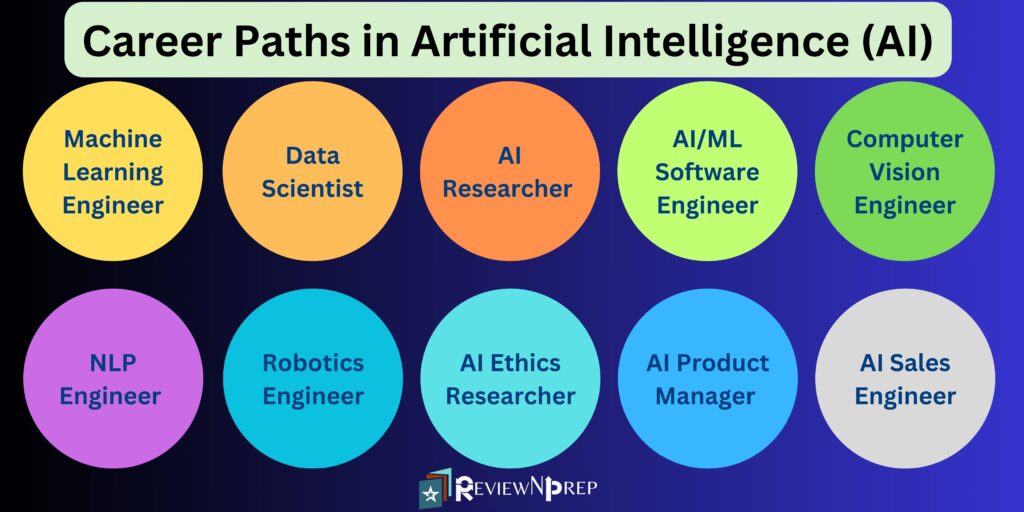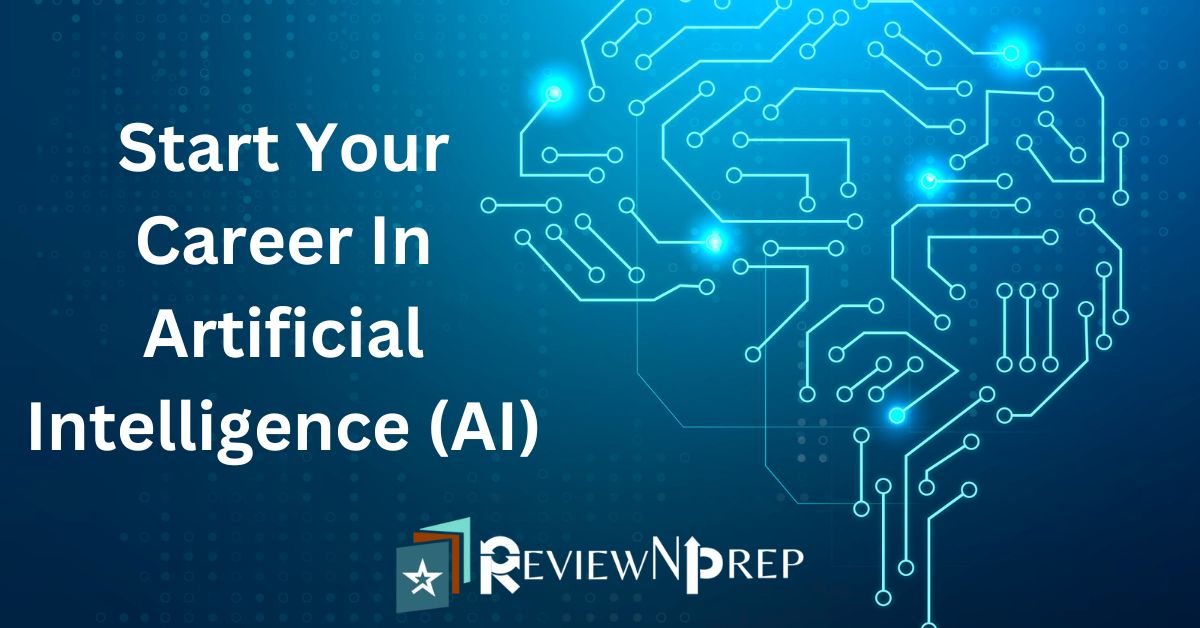|
|
Artificial Intelligence (AI) is a transformative force reshaping industries and revolutionizing the way we live and work. From natural language processing to neural networks, AI encompasses a wide array of technologies and applications. As the demand for AI skills continues to surge, technologists need to equip themselves with a comprehensive skill set to use AI effectively.
In this blog, we’ll delve into the key skills required to navigate the world of AI, examining the demand, market trends, and the skills gap.
Table of Contents
The Rise of AI: A Quick Glance
Before we dive into the essential skills, let’s look at some numbers that illustrate the growth and importance of AI:
- Market Trends: The global AI market is projected to reach $190.61 billion by 2025, with a compound annual growth rate of 36.62% from 2021 to 2025 (source).
- AI Skills Gap: According to a LinkedIn report, AI is among the top emerging jobs, and there is a significant skills gap, with AI specialists being in high demand (source).
- AI’s Pervasive Impact: AI is used in diverse fields, from self-driving cars and robotics to healthcare and finance. Its applications are boundless.
Now, let’s explore the essential skills that technologists need to effectively leverage AI.
1. Technical Skills: The Foundation of AI
Machine Learning and Deep Learning
To harness AI’s power, technologists must grasp the concepts of machine learning and deep learning. Machine learning engineers are in high demand, with the field expected to grow significantly in the coming years. A solid understanding of algorithms, statistical analysis, and numerical analysis is crucial.
Neural Networks
Neural networks, inspired by the human brain, are the backbone of AI. Technologists should comprehend how these networks function and their application in building predictive models, image recognition systems, and more.
Mathematical Skills
Linear algebra, a branch of mathematics, is pivotal in understanding the algorithms used in AI. Skills in calculus, statistics, and numerical analysis are also vital for implementing complex algorithms and statistical computations.
2. Soft Skills: The Human Touch in AI
Analytical Skills and Critical Thinking
AI is not just about technology; it’s also about solving complex problems. Analytical skills and critical thinking are essential for breaking down complex tasks and developing innovative solutions.
Communication Skills
Effective communication is crucial, especially in multidisciplinary teams. AI specialists need to convey complex ideas in a way that everyone can understand. This skill ensures the successful integration of AI into various industries.
Emotional Intelligence
Understanding and managing emotions is becoming increasingly important in AI-driven industries. Emotional intelligence enables technologists to develop AI systems that interact with humans more naturally.
Creative Thinking
Designing inventive AI solutions requires technologists to think outside the box. They should continually expand their knowledge, study emerging research and investigate novel techniques like generative AI and genetic programming. Instead of relying on standard formulas, creative thinking enables technologists to customize solutions for unique business challenges.
3. Essential Tools and Technologies
Programming Languages
Proficiency in programming languages like Python, R, and Java is essential for developing AI applications and models. Python, in particular, is widely used in AI development due to its simplicity and powerful libraries.
Language Models
Understanding language models, such as GPT-3 and BERT, is essential for natural language processing and text analysis. These models are the foundation of AI-powered chatbots, language translation, and more.
Operating Systems
AI systems often run on various operating systems. Familiarity with Linux and Windows is crucial for deployment and maintenance.
4. Career Paths in AI
Here are some of the most common career paths in the AI field:

- Machine Learning Engineer – Builds and optimizes machine learning models to solve business problems. Requires skills in programming, data analysis, math/stats, and ML frameworks.
- Data Scientist – Extracts insights from data to inform business decisions. Combines skills in statistics, programming, ML, and communication/storytelling.
- AI Researcher – Pushes the boundaries of AI capabilities through research and development. Requires advanced expertise in math, algorithms, programming, and latest ML techniques.
- AI/ML Software Engineer – Designs and develops the infrastructure, tools and pipelines to deploy AI systems at scale. Needs a strong software engineering skillset.
- Computer Vision Engineer – Develops algorithms and models for image and video analysis, object detection etc. Requires computer vision and deep learning skills.
- NLP Engineer – Builds systems that can understand, interpret and generate human language. Needs natural language processing and deep learning expertise.
- Robotics Engineer – Designs, programs and integrates “smart” sensors and control systems for autonomous robots and devices. Background in robot mechanics, programming, and AI.
- AI Ethics Researcher – Researches AI biases, transparency, fairness and accountability to ensure ethical AI systems. Interdisciplinary background in tech, ethics, policy.
- AI Product Manager – Drives development and deployment of AI products. Requires technical knowledge and product management skills.
- AI Sales Engineer – Evangelizes and sells AI products and services. Needs both business and technical acumen.
5. Some Common Examples of AI Career Paths
Robotics Engineer
Robotics is an exciting and growing field within AI. A robotics engineer designs, builds, and maintains robots, which are used in industries such as manufacturing, healthcare, and agriculture.
Generative AI Engineer
Generative AI engineers create AI systems capable of generating new content, such as art, music, or text. This field is gaining prominence in creative industries.
AI for Self-Driving Cars
The automotive industry is investing heavily in self-driving car technology. AI experts in this field are working on developing algorithms and systems for autonomous vehicles.
6. Keeping Up with Market Trends
AI is evolving rapidly, and staying updated with market trends is a critical skill. AI technologists should engage in continuous learning and hands-on experience to maintain a competitive edge.
Closing Thoughts
Artificial Intelligence is not just a buzzword; it’s a critical skill for the future. As per a report from Forbes, the global artificial intelligence market size is projected to expand at a compound annual growth rate (CAGR) of 37.3% from 2023 to 2030. It is projected to reach $1,811.8 billion by 2030. As the demand for AI skills soars and market trends indicate its pervasive impact, technologists need to equip themselves with the right set of skills.
Whether you’re interested in machine learning, robotics, or generative AI, a solid foundation in mathematics, technical skills, and soft skills is essential. By mastering AI, you’ll be prepared to tackle complex tasks, bridge the skills gap, and contribute to the ever-evolving landscape of AI-driven innovation. So, dive into AI, enhance your career, and be a part of this exciting journey into the future.
Remember, AI is not just about intelligence programming; it’s about shaping the future of technology and making a meaningful impact on the world.
Further Reading:
Check Out This Blog For Beginners Guide to Top Artificial Intelligence Tools and Frameworks.
How to start your career in Data Science and Machine Learning?

